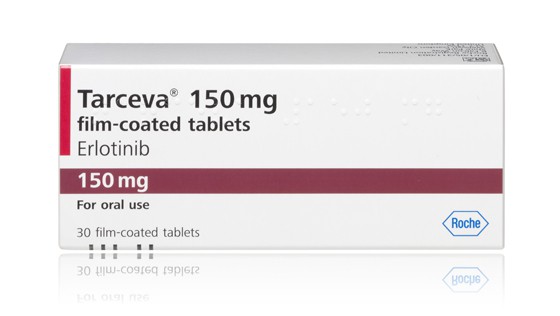
Roche’s four-year Indian courtroom struggle with Cipla over the patent rights to its Tarceva (erlotinib) looks to be over after the Delhi High Court last week ruled in favour of the Indian generic company.
Late last week the Court dismissed Roche’s patent infringement suit, brought after Cipla launched its own version of the blockbuster lung cancer drug, marketing it as Erlocip.
Although Justice Manmohan Singh recognised the validity of Roche’s patent, he dismissed the court action after deciding Cipla’s generic and Roche’s drug had different molecular structures.
“This is a landmark judgement; it has upheld the patent of Roche and, at the same time, ruled that Cipla’s version is valid,” Anand Grover, an advocate from Lawyers’ Collective, told The Economic Times.
Cipla’s generic version of Roche’s drug comes with a price tag of Rs 1,600 (€22), about a third of the Rs 4,800 Roche charges for Tarceva.
The pharma company had previously failed in its bid to block Cipla’s drug from coming to market in 2008 and subsequently had a previous High Court case struck out in 2009.
Nevertheless, Roche still has further legal avenues open to it, including launching an appeal to the division bench of the Delhi High Court.
Novartis Glivec hearing begins
Meanwhile, this week sees another Swiss pharma company take issue with patent rules in India in another high profile courtroom battle.
Novartis yesterday re-started its Supreme Court challenge to the law that enables Indian companies to product generic versions of drugs that are still under patent, in a case that centres on its cancer drug Glivec (imatinib)
The case has already run for six year and focuses on a clause in India’s patent law known as Section 3(d), which does not allow a new form of a drug such as a new crystal structure to be patented unless it confers some form of improvement – a “therapeutic advantage” in the language of the law – over the original substance.
The case could have far-reaching consequences for the pharmaceutical industry and patients.
Aid organisation Medecins Sans Frontieres says a win would “weaken a public health provision which has already demonstrated its importance in securing affordable access to key HIV, TB and cancer medicines”.
But for Novartis the case is about “gaining clarity on the application of patent law in India, which is important to the economic future of the country”.
“Novartis challenged the decision not to grant a patent to our life-saving medicine Glivec because we strongly believe safeguarding incentives for innovation through the granting of patents leads to better medicines for patients,” the company said.
The firm says it hopes to see a verdict reached in the case before the end of 2012.




